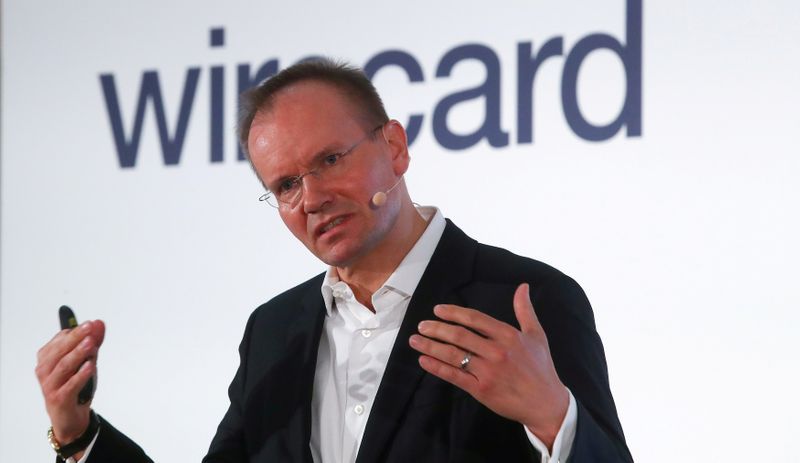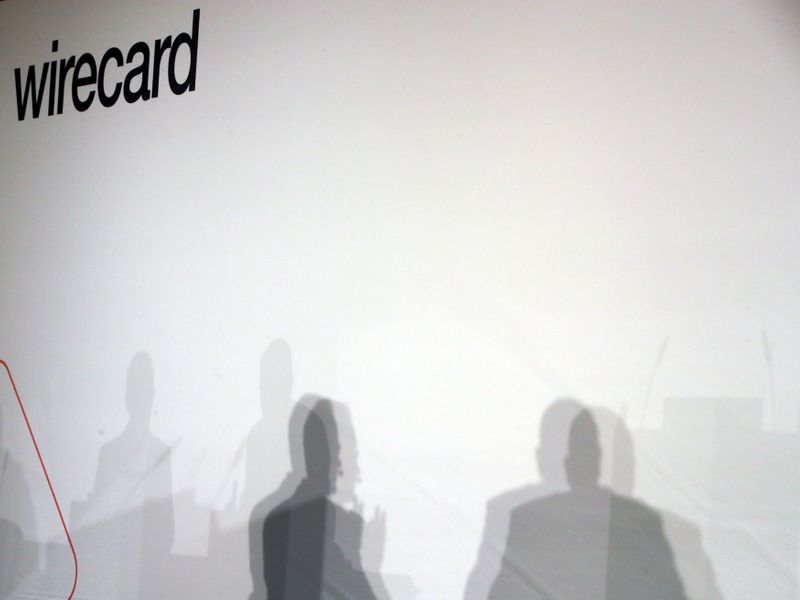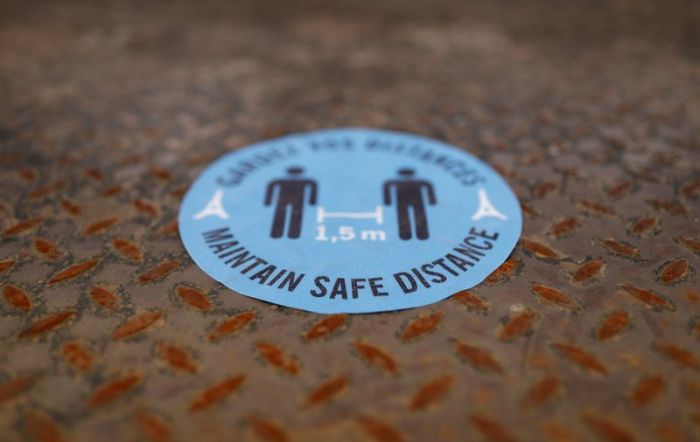FRANKFURT/MANILA (Reuters) – Wirecard’s chief executive quit on Friday as the German payments firm’s search for $2.1 billion of missing cash hit a dead end in the Philippines and it scrambled to secure a financial lifeline from its banks.
Markus Braun, who built Wirecard into one of the hottest financial technology investments in Europe before questions over accounting saw it crash in value, leaves the firm facing a looming cash crunch and mired in allegations of fraud.
Braun resigned just hours after releasing a video blaming Wirecard’s problems on fraud, saying he accepted “responsibility for all business transactions lies with the CEO.”
Wirecard, which has seen nearly 10 billion euros ($11.2 billion) wiped off its market value in just two days, had been a welcome technology success story in Germany, a country better known for its prowess in heavy industry.
But it has been under scrutiny since a whistleblower alleged that it owed its success in part to a web of sham transactions, a scandal that some fear will now damage Germany’s reputation.
Wirecard said in a statement that James Freis, a former compliance officer at Germany’s stock exchange, had been appointed as the firm’s interim CEO.
It is holding emergency talks with banks to secure a financial lifeline, three people with knowledge of the matter said, after its auditor, EY, would not sign off on its accounts.
On Thursday, Wirecard warned that loans of roughly 2 billion euros ($2.24 billion) could be terminated if its annual report is not published on Friday and it has until evening to strike a deal with the banks, the sources told Reuters.
Wirecard’s share price dropped by as much as 50% on Friday in a continuation of Thursday’s rout, with the stock hitting 20 euros, a far cry from the 200 euros it was priced at when it joined Germany’s prestigious blue-chip Dax index in late 2018.
“Wirecard is a company that has caused serious damage to the credibility and trust of the Dax with international investors. This will have significant consequences for the image of the German capital market,” Carola Rinker, a German economist specialising in accountancy fraud, said.
Wirecard’s shares tanked again on Friday after two Philippine banks, BPI and BDO, said it was not a client of theirs and alleged that documents had been falsified.
‘SPURIOUS’ DOCUMENT
Braun, who has aggressively defended Wirecard against allegations of accounting fraud, had earlier said that the firm could itself have been the victim, without giving details.
“Attempts by Wirecard to appear as the victim in the missing 1.9 billion euros have been undone within hours of Wirecard management’s video yesterday evening,” said Neil Campling at Mirabaud, the only analyst to have a price target of zero.
EY had regularly approved Wirecard’s accounts in recent years, and its refusal to sign off for 2019 confirms failings found in an external probe by KPMG in April.
While Wirecard did not give any details of where the missing money is alleged to have gone, statements by the two Philippine banks denying any involvement spooked investors in the firm.
“The document claiming the existence of a Wirecard account with BDO is a falsified document and carries forged signatures of bank officers,” BDO said, adding that it had reported the matter to the Philippines’ central bank.
BPI also said Wirecard was not a client, adding:
“Their external auditor presented to us a document that claimed that they are a client. We have determined that the document is spurious. We continue to investigate this matter,” BPI said in a statement.
The Wirecard scandal, which was extensively investigated by the Financial Times newspaper and has been the subject of several reports by so-called short sellers, has also damaged the standing of German financial regulator Bafin.
“Bafin looked on for far too long,” Fabio De Masi, a German lawmaker said, adding that the agency must be improved.
(Additional reporting by Michelle Martin and Douglas Busvine in Berlin and Anika Ross and Edward Taylor in Frankfurt; Writing by John O’Donnell; Editing by Jan Harvey, Carmel Crimmins and Alexander Smith)





















